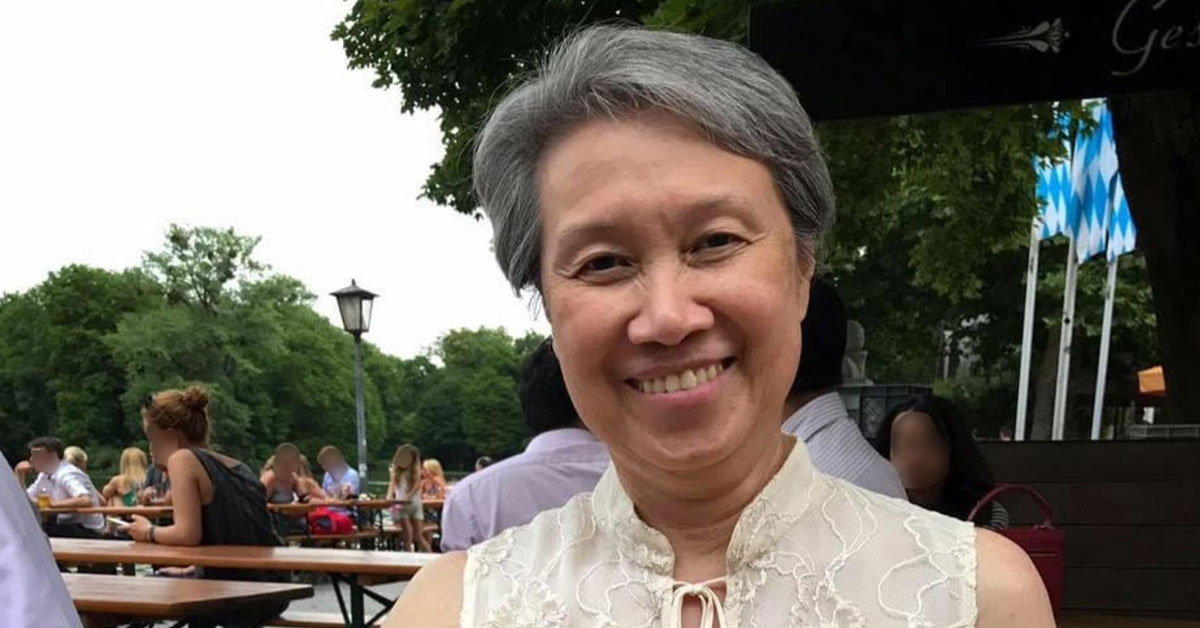So your parents, grandparents, great-grandparents, great-great-grandparents and ancestors have all been vaccinated and they’re all clamouring for you to do the same now.
“Get vaccinated, Noobmaster69,” they chant. “For the greater good.”
But you’re unwilling to. Not because you’re an irresponsible individual or anything like that, but because you fear the needle.
“I would rather get KFC’s newest Triple Down and get a heart attack than getting vaccinated,” you declare.
And then the plot twist came.
Apparently, vaccination-related incentives may just be on their way.
All of a sudden, the Triple Down doesn’t seem so appealing anymore.
Ho Ching: Good Idea to Give Incentives to Increase the Rate of COVID-19 Vaccination
Just three days ago, on 23 June 2021, Temasek Holdings CEO Ho Ching posted an entry on social media platform Facebook, detailing her insight into the whole vaccination dilemma as well as an interesting admission:
Incentives, designed to increase the rate of vaccination, may indeed be plausible.
Or in her own words:
“Some folks are suggesting that we should give incentives to increase the rate of vaccination.
“That is a good idea which we can consider later.”
Why later, you may wonder.
Well, it’s apparently due to the whole supply and demand curve.
For instance, she highlighted how Hong Kong implemented incentives for vaccinations.
Lotteries for apartments, flights and even Teslas. Hong Kong certainly spared no expense in the incentive department.
But in their case, they actually had more vaccines than demand. As a result, their vaccines were in real danger of expiring fast without being utilised.
And thus, incentives to increase the vaccination rate.
But Singapore’s kinda different, in the sense that our vaccines are actually overwhelmed by the demand. Or in Ho Ching’s own words:
“As of now, we have more vaccination registrations than we have vaccines.”
So a real quick conclusion to derive from Ho Ching’s speech?
It might be a good time to implement incentives, but that time is not now.
“Anyway, not time to do this, bcos we have supply constraints, and not demand constraints,” she said.
Instead, a good time might be somewhere around the 70-75% vaccination rate mark here in Singapore.
“I expect we may start non monetary “incentives” when we can get to 70~75% fully vaccinated,” she wrote. “This is just a natural progression as we get better community “herd” protection.”
Opinions
To date, the post has drawn over 805 likes & reactions, as well as 127 shares.
Netizens have also aired their opinions across the board, though the most prevalent ones appear to be against the need for a vaccine.
In fact, in one case, a Netizen actually suggested penalties for those who refuse to be vaccinated.
“I believe those who can be vaccinated but refuse to do so must pay the price,” one wrote. “Maybe pay the price of inconveniences such as don’t allow them to dine indoor. The other extreme way might be allowed insurance company not to cover their medical expenses if they have Covid. When this pandemic affected so many lives and livelihoods, those who claim they have the right not to be vaccinated are both selfish and abusive of the right.”
And another concurred.
“Why must give incentive for these batch of people..its their own health, isn’t protecting own life itself the greatest return?” they said. “If they cannot due to medical whatever reason no choice. Some are just poorly informed or scared.”
“This is about personal responsibility, why must give incentive?” yet another questioned.
Vaccination Rate
On 31 May, Prime Minister Lee Hsien Loong announced during the national broadcast that our aim was to have two-thirds of our population take at least their first dose by early July, and that we were on track to achieve this target.
He then said that the next milestone would be to have at least two-thirds of our population fully vaccinated with two doses around National Day. That is if our supply of vaccination doses permits.
Scientific evidence has clearly proven that vaccines are highly effective in reducing the risk of infection as well as transmission. They also help to prevent severe COVID-19 symptoms even when one is infected.
However, vaccinations are not deemed as mandatory, but highly encouraged instead.
Featured Image: Facebook (HO Ching)
